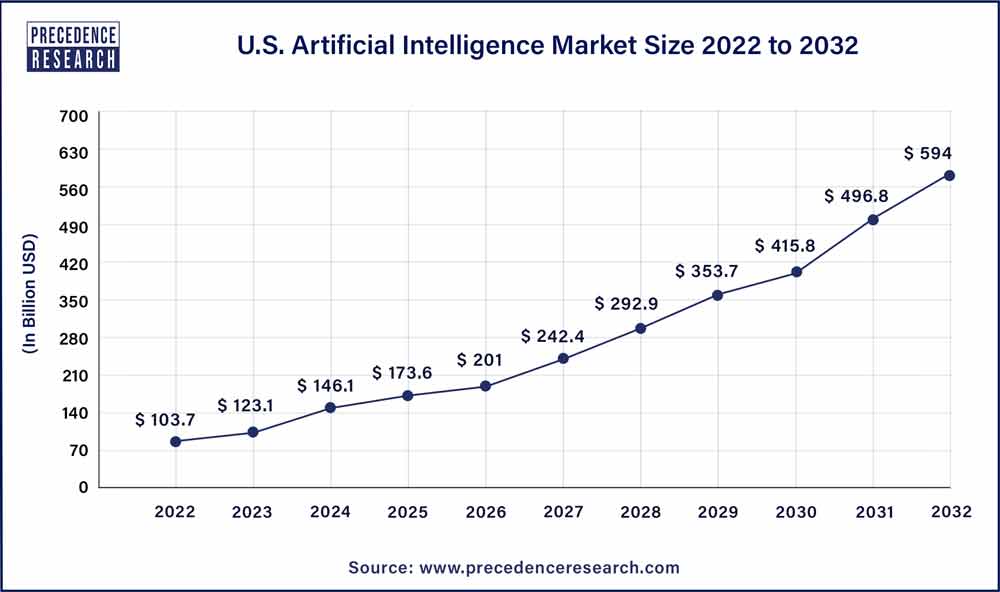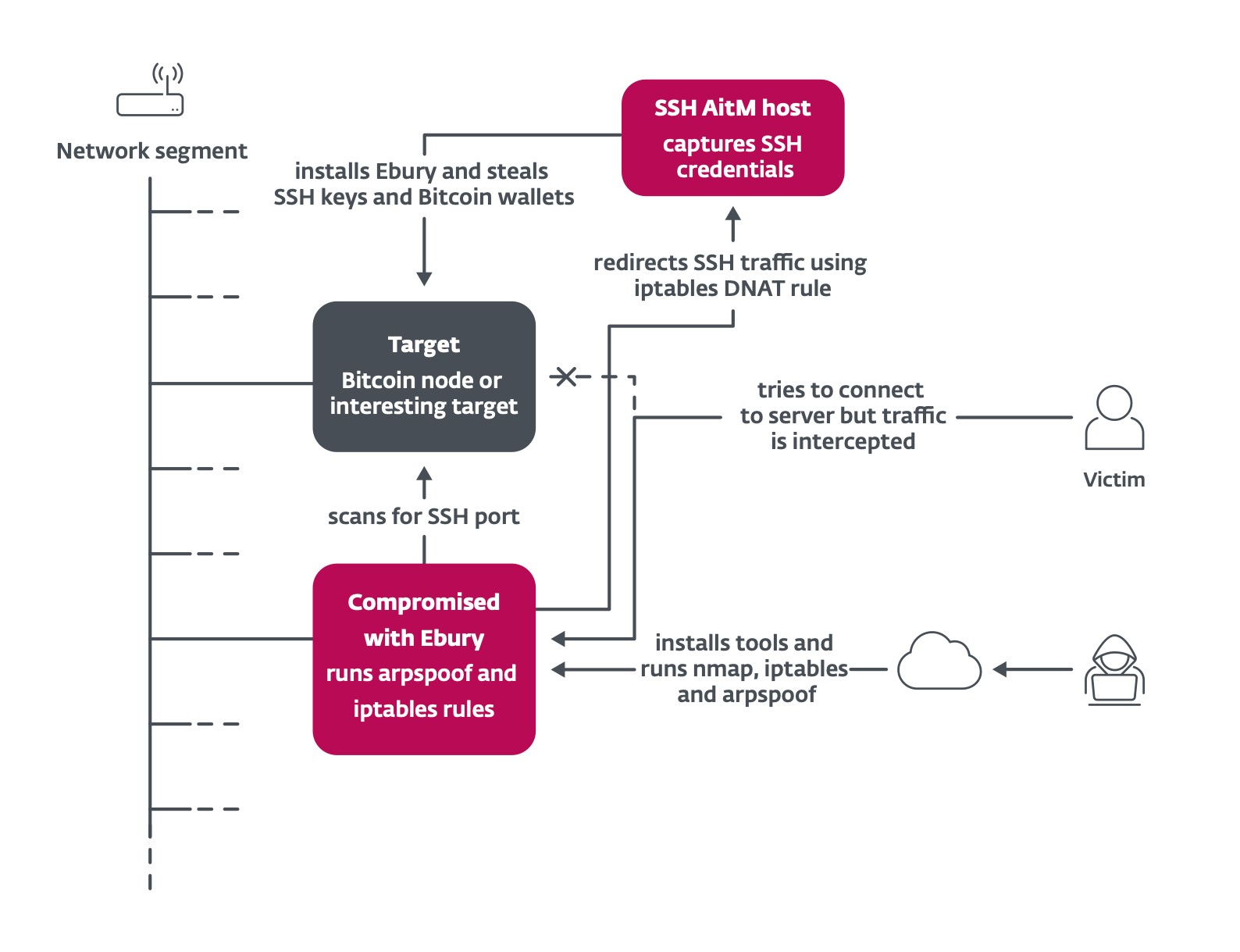AI's Meteoric Rise: Will Sky-High Valuations and Hype Hit a Ceiling?

AI's Meteoric Rise: Will Sky-High Valuations and Hype Hit a Ceiling?
Artificial intelligence is the hottest topic in tech, and the numbers are staggering. From Meta reportedly making massive offers to acquire AI talent to Anthropic's eye-popping valuation, it's natural to wonder: can this incredible growth continue indefinitely, or will AI eventually hit a ceiling?

Artificial Intelligence (AI) Market Size, Growth, Report 2023-2032
The AI Investment Boom
The current AI landscape is characterized by massive investments and soaring valuations. Anthropic, an AI startup focused on AI safety, is reportedly nearing a deal to raise funding at a valuation of $170 billion. This would place it among the top private tech companies, rivaling OpenAI and SpaceX. Meta, meanwhile, is actively pursuing AI talent, signaling its commitment to the field. This intense competition and influx of capital are driving rapid innovation, but also raise questions about sustainability.
- Anthropic's valuation nearing $170 billion highlights investor confidence.
- Meta's aggressive talent acquisition underscores the strategic importance of AI.
- The rapid pace of investment raises concerns about a potential bubble.
Technological Hurdles and Limitations
Despite the hype, AI is not without its limitations. Current AI models struggle with complex reasoning and often fail to follow rules consistently. While they excel at pattern recognition and prediction, they lack the common sense and adaptability of human intelligence. Furthermore, ethical concerns surrounding bias, misinformation, and lack of transparency pose significant challenges. Overcoming these hurdles is crucial for realizing the full potential of AI.
- AI reasoning models are still fundamentally limited.
- Ethical considerations, such as bias and misinformation, need careful attention.
- The "black box" nature of some AI systems hinders transparency and trust.
Societal and Ethical Considerations
The widespread adoption of AI raises profound societal and ethical questions. Concerns about job displacement, algorithmic bias, and the potential for misuse are gaining increasing attention. Regulatory bodies are beginning to grapple with the need for AI governance, with the EU proposing regulations to categorize AI systems based on risk. Public perception of AI is also a critical factor, as trust and acceptance are essential for its successful integration into society. Navigating these challenges will require careful consideration and collaboration between researchers, policymakers, and the public.
- AI regulations are being developed to address ethical concerns and potential risks.
- Public perception and trust are crucial for the successful adoption of AI.
- Addressing job displacement and ensuring fairness are key societal challenges.
Key Takeaways
The future of AI is uncertain, but one thing is clear: it's a transformative technology with the potential to reshape our world. While the current investment boom and rapid innovation are exciting, it's important to acknowledge the technological limitations and ethical considerations that could impact its trajectory. By addressing these challenges proactively, we can ensure that AI benefits humanity as a whole.
References
- Wikipedia Anthropic
- TechCrunch: From Meta’s massive offers to Anthropic’s massive valuation, does AI have a ceiling?
- Sherwood News: AI startups’ high-velocity valuations are shooting sky-high
- Eulerpool: Anthropic at Billion-Dollar Valuation
- Bloomberg: Anthropic Nears Deal to Raise Funding at $170 Billion Valuation
- Yahoo! Finance: Anthropic eyes $170bn valuation with new funding
- Entrustechinc: The Illusion of Thinking: Uncovering the Limitations of AI Reasoning …
- Financial Express: Future of AI: Getting to know synthetic data
- Bloomberg: AI Models Are Getting Better at Winning, Not Following Rules
- The Chicago School: Benefits, Limitations and Ethical Considerations of Using Ai
- Forbes: The AI Reasoning Riddle: When Even Experts Don't Know What
- Financial Times: The risk of letting AI do your thinking
- Mojoauth: Ethical AI: What Is It & Key Principles Revealed
- AOShearman: AI in healthcare: Legal and ethical considerations
- CTOMagazine: [Opinion] AI Under Scrutiny: What New Global Regulations ...
- Nature: A qualitative study on ethical issues related to the use of AI
- NIH: Heterogeneous preferences and asymmetric insights for AI
- Thomson Reuters: Legal issues with AI: Ethics, risks, and policy
- Precedence Research: Artificial Intelligence (AI) Market Size, Growth, Report 2023-2032



.jpg)

